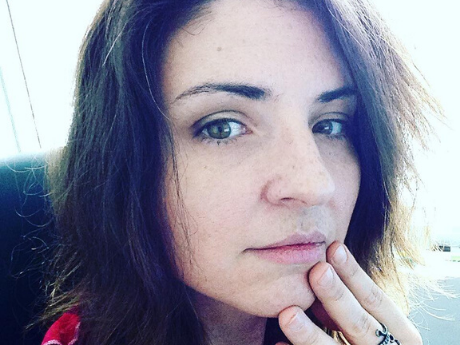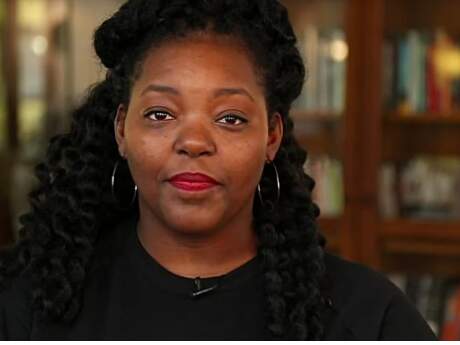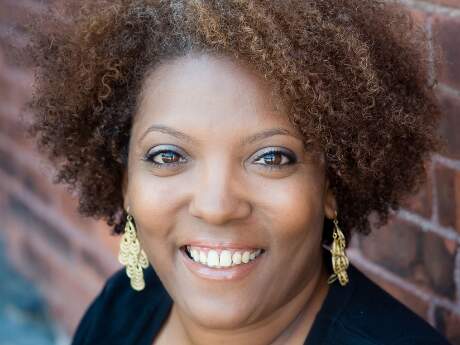Black Poets Speak Out
A Conversation with Rachel Busnardo, BlackPoetsSpeakOut: Boulder curator

How does your BPSO event fit into the larger arts and social justice community in your city?
The beauty (and the horror) of the BPSO: Boulder event is that it didn't fit into the larger arts and social justice community, at least not in any 'large' sense. Boulder is only .9% African-American and 88% white. There's social justice here, sure, there are activists doing work of course, but the everyday people who live here don't seem particularly comfortable acknowledging race exists—which makes conversations about race hard to come by. BPSO: Boulder didn't fit as much as it was necessary to shoehorn it in.
As a poet, how does your work add to the narrative of arts activism as related to the Black Arts Movement?
I'm a white poet so the short answer is it doesn't. My race has remained largely invisible to me my entire life so if I have a role in the Black Arts Movement as an artist, that role is to use my cloak of privilege to elevate black voices rather than to coopt the narrative of black experience when black experience is something I have no way of accessing. My role as a white poet as related to the Black Arts Movement is to listen. This isn't to say that race has never appeared in my work, it has, but only because I always wear my politics on my sleeve—it's part of my fabric and that voice will come but only when I follow the language into that space. When I write, I always go where my language takes me.
I think it's important to note that my position doesn't necessarily mean that I believe white writers shouldn't write about race. What I am saying is I will be skeptical every time I see a poem about race created by a white poet featured in a journal containing mostly or only other white poets or when I see books about race written by a white poet and blurbed only by other white poets. If as a poet I believe (and I do) that diversity is critical in the evolution of any art form then just writing about race isn't enough to help propel the Black Art Movement for fear that, in the end, it will just become white washed like everything else. When my community becomes more diverse, only then will I maybe attempt to write about race and join the movement. Right now, I'm just here to help elevate those voices, to listen, and to get better at having conversations about racism both within my community and outside it.
What organizations or literary communities collaborated for your BPSO event?
The BPSO: Boulder event was organized in a collaborative effort by current and former MFAs in the creative writing program at The University of Colorado at Boulder. While I'm here, I would like to thank them personally. It was impossible to get this event off the ground without help from CU alumnus Vanessa Angelica Villarreal and current MFA candidates Kolby Harvey and Hector Ramirez (special thanks to Hector Ramirez for stepping up to take care of last minute details and for MCing the event while I was sick in bed!). Most of all, special thanks to our readers: Marcia Douglas, Awon Atuire, Toluwanimi Obiwole, Amy Lukau, Yazmin Hernandez, and J. Michael Martinez. Also, thank you to Khadijah Queen and Ruth Ellen Kocher whose pre-recorded BPSO videos we screened at the reading. I can't thank these people enough! It was because of these people and the national BPSO organizers that the night was an amazing evening of arts and activism—there will be more events like this to come.
What poem would you suggest people see from BPSO archive and why?
I was there and can honestly say all of them. Watch and listen to them all here: blackpoetsspeakout.tumblr.com
More Black Poets Speak Out
Introduction to #Blackpoetsspeakout by Mahogany L. Browne
#Blackpoetsspeakout, is a poetic protest which began as a tumblr page hosting a couple dozens of videos of black poets reading poetry, prayers and mantras in response to Michael Brown after his murder in Ferguson, Missouri on August 9, 2014, and the grand jury's decision on November 24 not to indict Darren Wilson, the police officer who fired the lethal bullets.
Read Article

